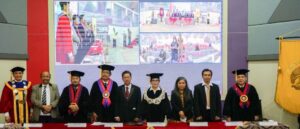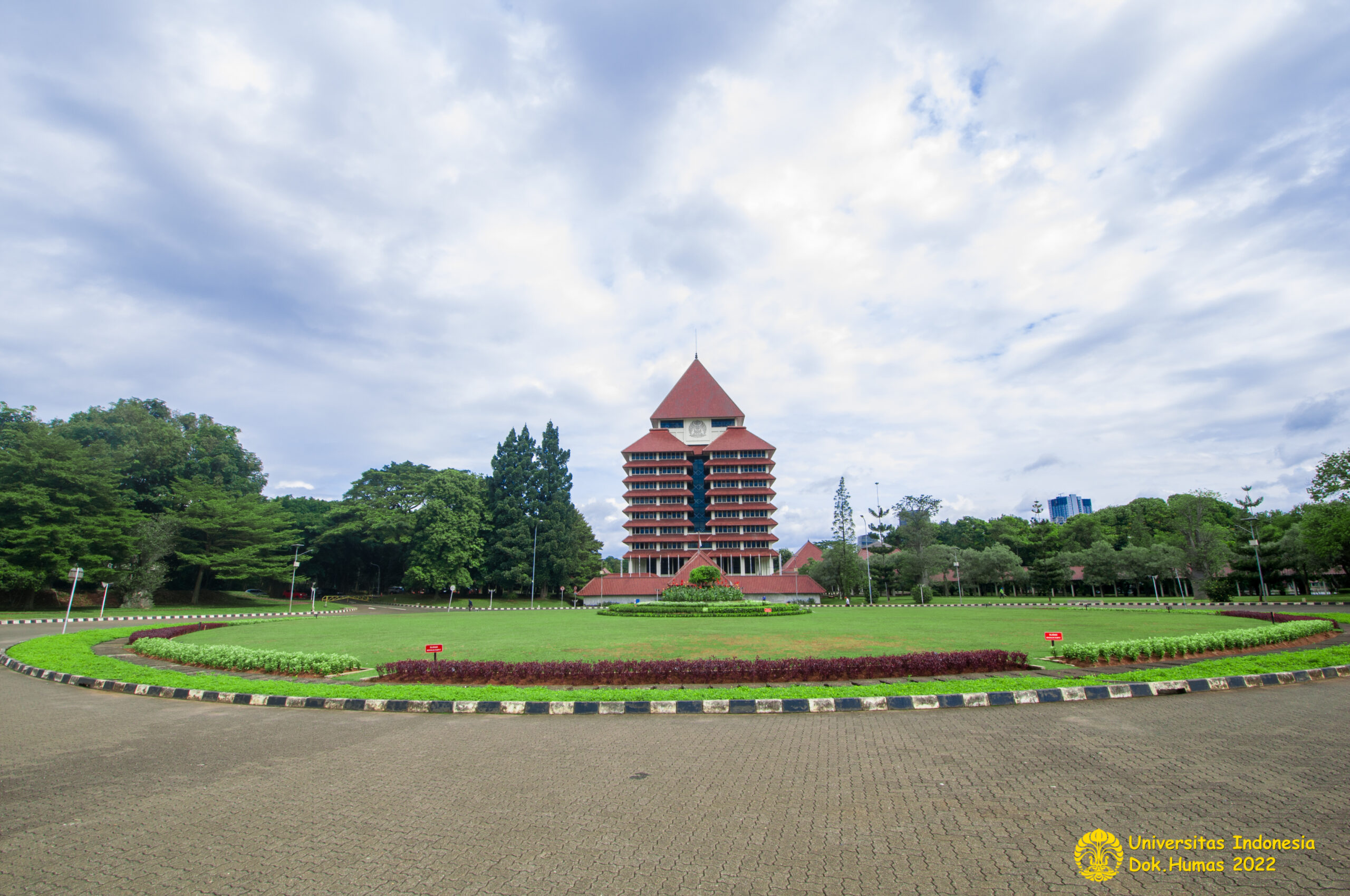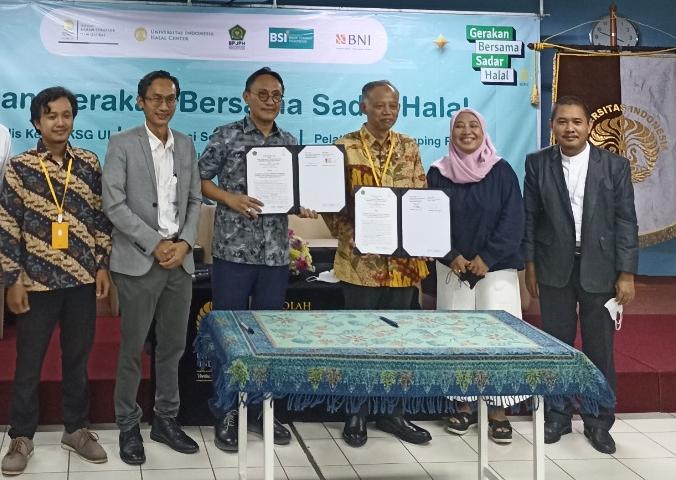
The Postgraduate Programme in Administrative Sciences, Faculty of Administrative Sciences, awarded its 17th doctoral degree to Dr. M. Fahmi Arkanuddin, SE, MM, MA on Friday, who earned the degree cum laude, on Friday (8/7). The examination, held hybridly, saw Dr. M. Fahmi successfully defending a dissertation titled “The Influence of Financial Architecture Risks and Regulations on Indonesia’s P2P Lending Fintech Ecosystem”.
Fahmi stated that significant growth in the accumulation of P2P Lending Fintech (Financial and Technology) lending over the last three years has been related to the fluctuations of certain credit risks, indicated by the growth of loan default rates.
“The number of P2P Lending fintech companies has decreased significantly from year to year. Data from OJK (Financial Services Authority, ed.) for the number of product complaints from Fintech P2P Lending companies in Indonesia, 2019 to 2021, [shows] 19,700 cases.”
With all the benefits, opportunities, and challenges it offers, as well as with increasingly massive support of the Internet, smartphones, and social media, Fintech P2P Lending, according to Dr. Fahmi, is a fairly developed industry This makes it easier for people to access digital reports.
“The Fintech P2P Lending industry in Indonesia can start off with a Risk and Capital approach, by implementing in a practical manner two new elements in the Fintech ecosystem, namely credit insurance institution dan fintech consumer protection agency.”
Fahmi then explained how his study integrated these two elements with horizontal and vertical system theories. His study came to the conclusion that the perspectives of Fintech ecosystems and risks are strongly linked to regulations of financial architecture, and that risks pose significant influences on Fintech ecosystems.
“On a regulatory level, financial architecture regulations has no significant effect. The risks and regulations of the financial architecture, in conjunction and simultaneously, significantly effects Fintech ecosystems.”
Those risks, according to Fahmi, include credit risks, operational risks, liquidity risks, risks of reputation, and risks caused by pandemics. One of the implications of this research is an increase, in the conception of Fintech ecosystem, from Lee and Young’s 5 risks into Fahmi’s seven.

“The implication towards risks is that directed and systematic effort from doers of Fintech P2P Lending industries is needed in mitigating fundamental risks so that they may be well mananged. Implications to financial architecture regulation: increasing the amount of financial architecture regulations by refining existing regulations and issuing regulations that do not yet exist, according to the needs of Fintech industries.”
At the end of his explanation, Fahmi stated that the instability within Fintech’s ecosystem, an answer to the questions posed above, has caused an increase in the loan default rates of Fintech P2P Lending industries, a decline in Fintech industries. an increase in operational risks, and lack of regulations — of which currently only two exists in Indonesia.

Fahmi’s exposition was followed by questions and rebuttals from the examinee panel, comprised of Prof. Dr. Irfan Ridwan Maksum, M.Si., Dra. Novita Ikasari, M.Comm., Ph.D., Dr. Umanto, M.Si., Prof. Roy Sembel, MBA, Ph.D., CSA., and Prof. Dr. Adler Manurung. The doctoral examination was headed by the Dean of FIA UI, Prof. Dr. Amy Yayuk Sri Rahayu, M.Si. Also in attendance were promotor and co-promotor Prof. Ir. Bernardus Yuliarto Nugroho, MSM, Ph.D. and Prof. Dr. Chandra Wijaya, M.Si., M.M.



